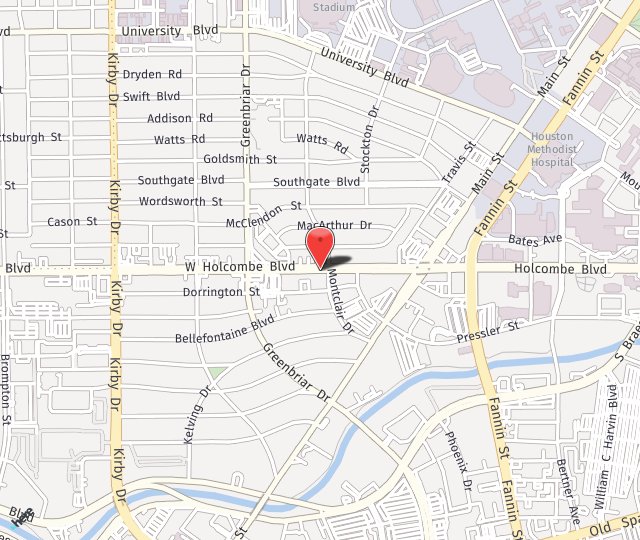Sleep apnea is not just getting enough sleep – it’s also not just harmless snoring. Sleep apnea is a serious sleep disorder that causes repeated breathing interruptions during sleep. Despite its serious nature, many people think that sleep apnea is loud snoring that annoys your partner. But it’s so much more.
The condition affects 22 million Americans – men, women and children – and, left untreated, it can put affected individuals at risk of some very serious – and potentially life-threatening – health conditions.
We will explain how in just a bit, but first let’s check out the signs of sleep apnea:
- Frequent and loud snoring
- Frequent pauses in breathing
- Choking or gasping for breath during sleep
- Daytime fatigue
- Difficulty falling asleep or staying asleep
- Morning headaches
- Frequent trips to the bathroom at night
- Memory loss, lack of focus and difficulty concentrating
- Decreased libido
- Irritability, mood swings and depression
Are you experiencing these symptoms? Some of them are noticeable, while some of them are not – but they might still be the cause of complaints from your partner. If you’re snoring loudly, gasping during sleep or grumpy when you wake, your partner may mention this to you, which should be a sign that you need to go and get checked for sleep apnea or other sleep disorders.
Are You At Risk?
In addition to having these symptoms, there are some additional things to look for if you think you might have sleep apnea. These risk factors include:
- Obesity or being overweight
- Neck size greater than 16 inches in diameter
- High blood pressure
- Gender (sleep apnea is more common in men, but women have a greater risk of developing the condition during childbearing years and menopause)
- Age (sleep apnea can affect all ages, but most commonly affects adults and middle-aged people)
- Genetics (if someone in your family has sleep apnea, you’re also likely to develop the condition)
While sleep apnea may not seem like a big deal, trust us, it’s not a harmless condition. Many people living with sleep apnea have chronic and severe health conditions, such as heart disease, diabetes and a predisposition to developing dementia and Alzheimer’s disease. Individuals living with untreated sleep apnea are also at risk of liver conditions, digestive issues and urinary problems.
If you think you have the condition or want to learn more, give Dr. Ron Konig a call at 713-668-2289 to schedule a consultation. We look forward to talking to you!

